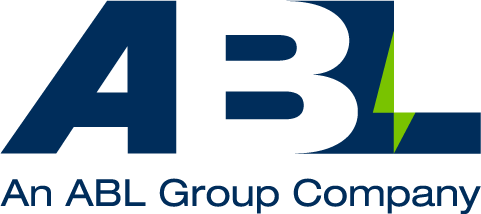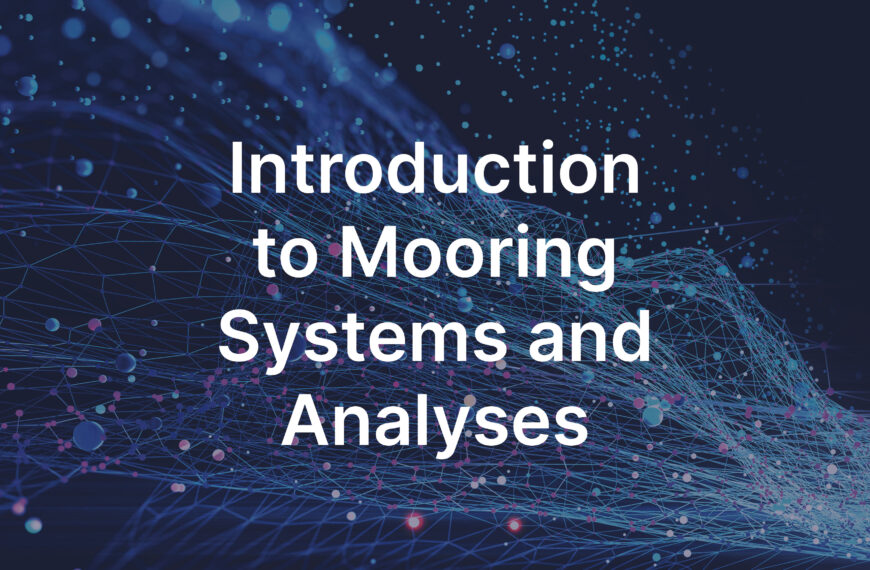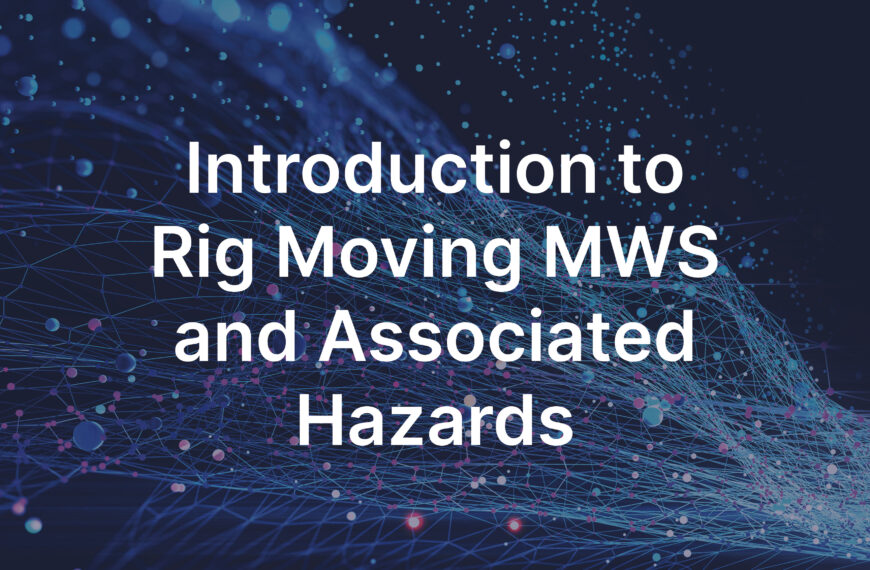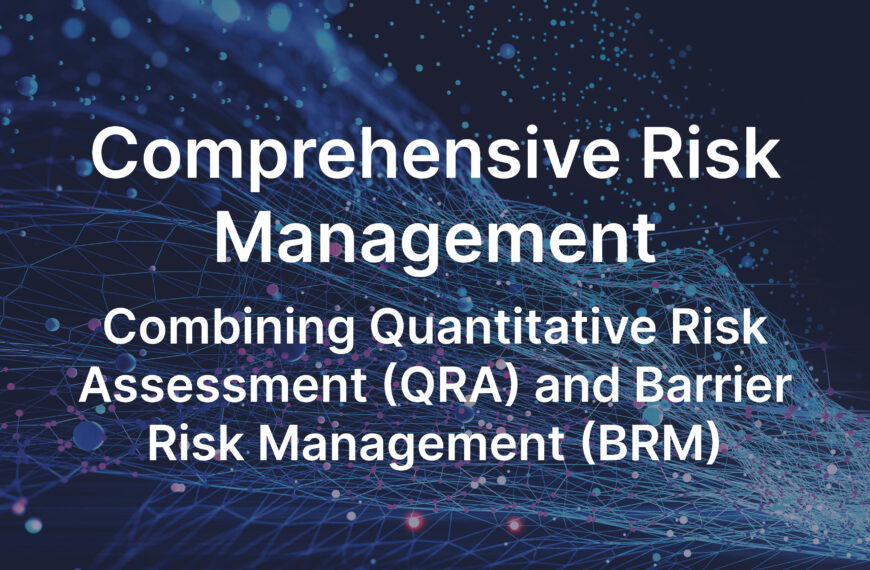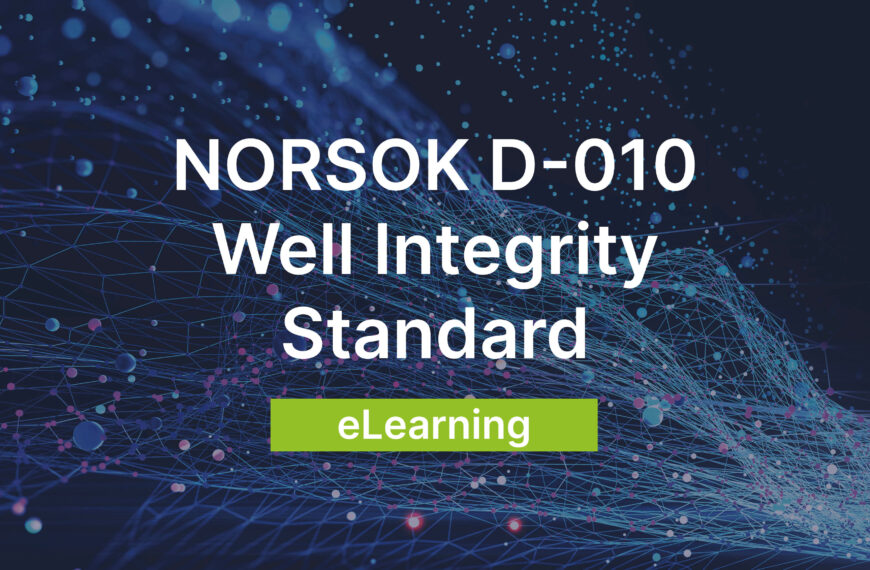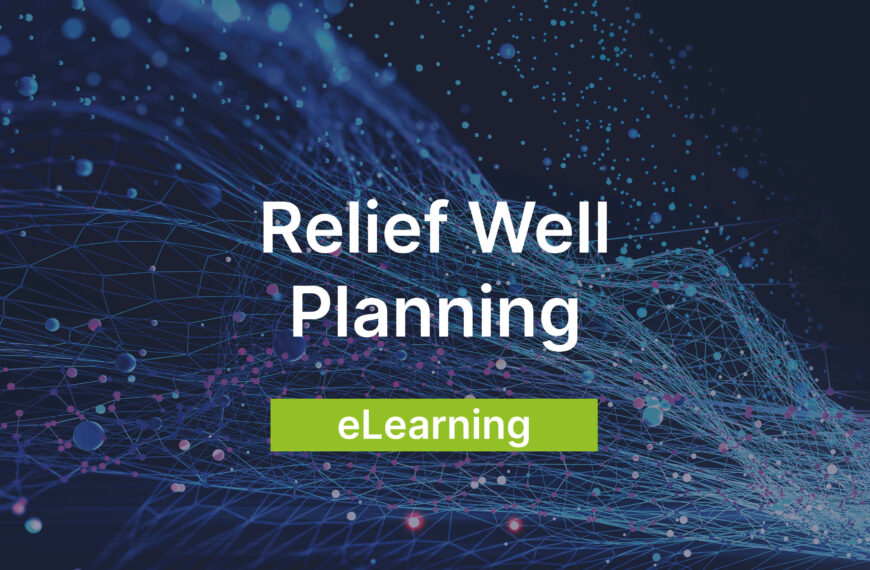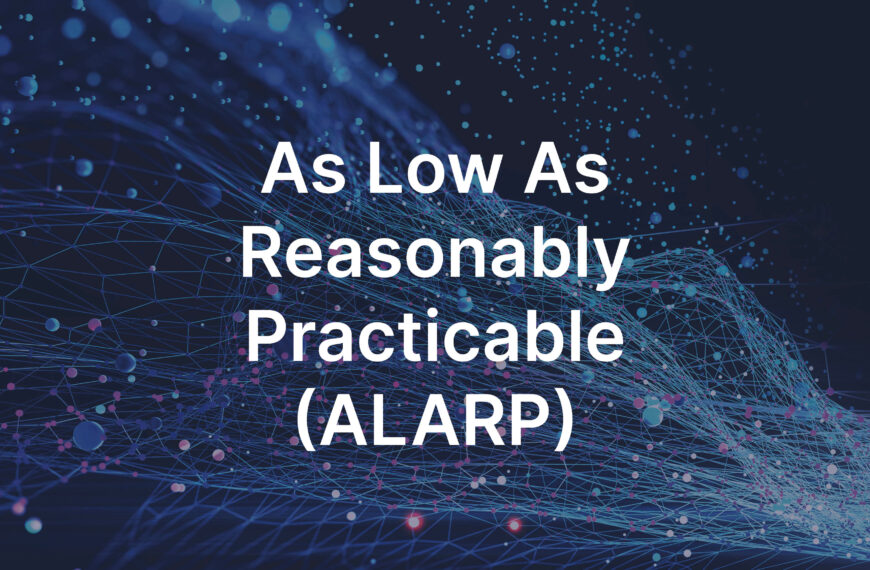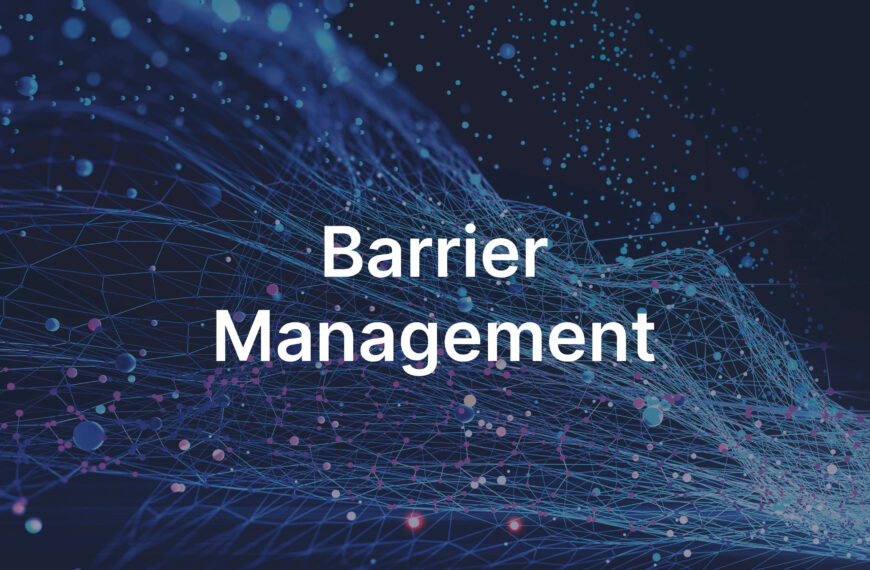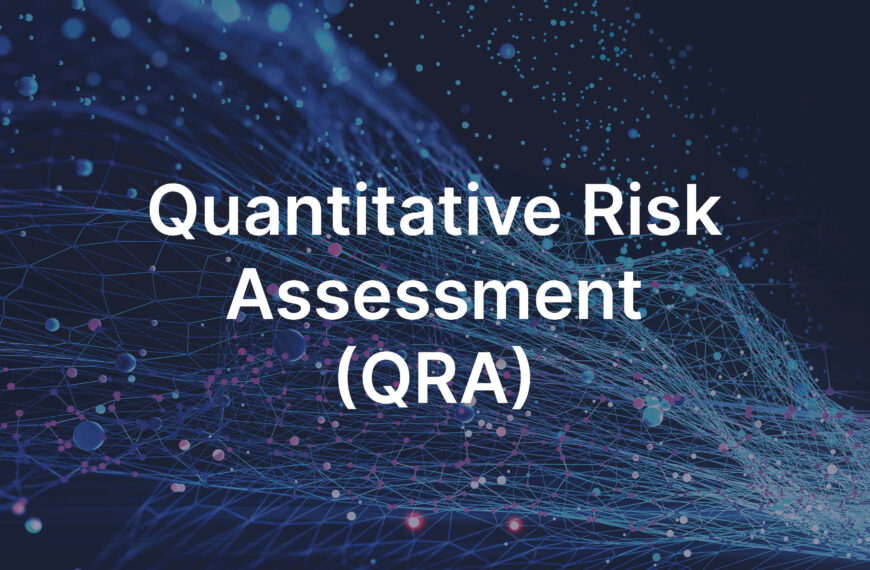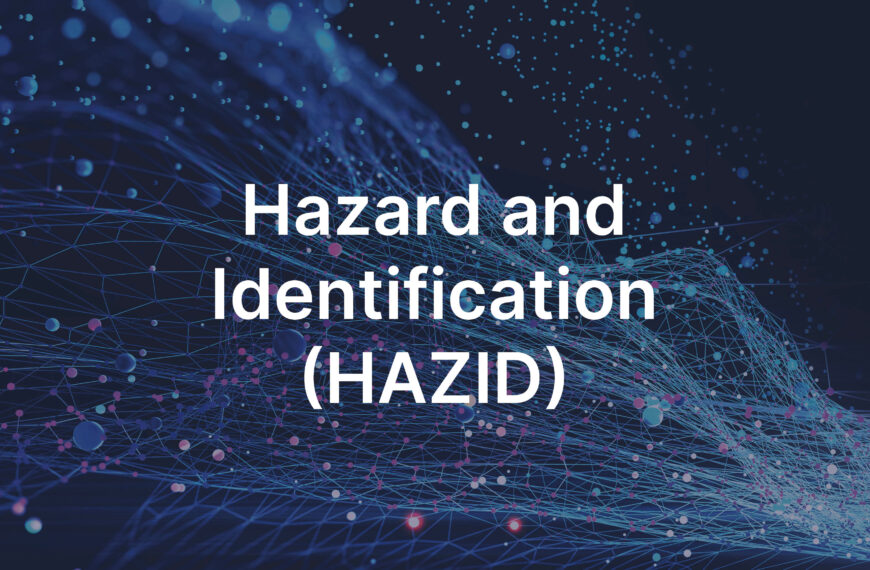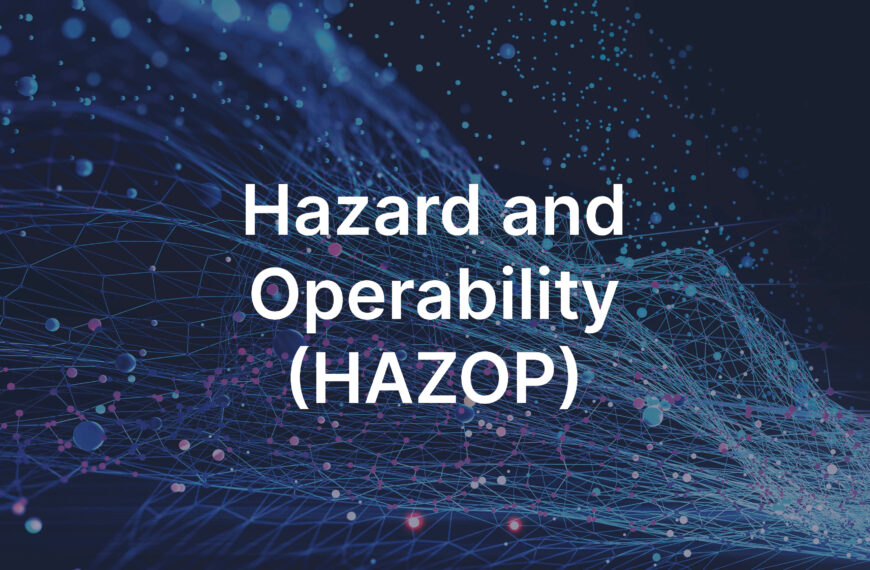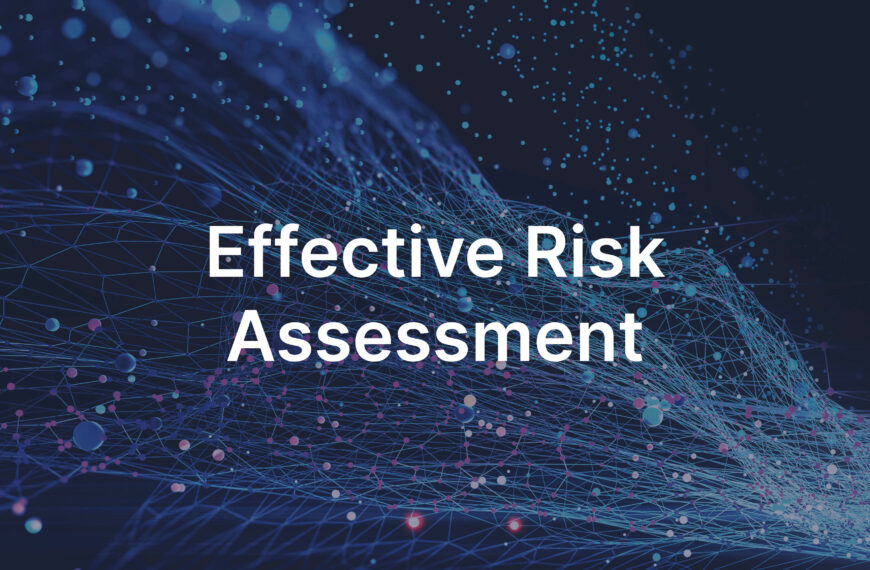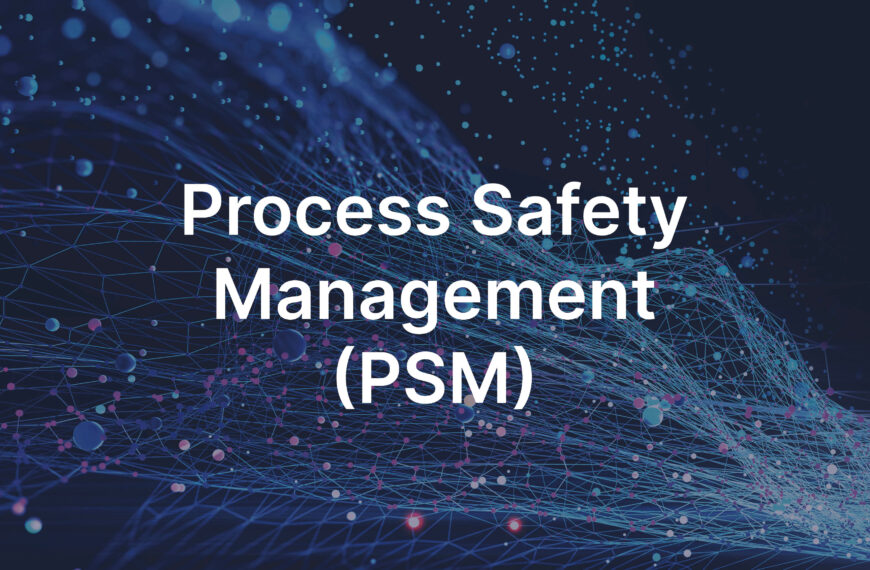General barrier principles of the NORSOK D-010 Well Integrity Standard
The fundamental general barrier principles, requirements and guidelines related to the containment of formation fluids, detailed in chapter 5 of the standard, ranging from well design to blowout contingency planning and activity throughout the well life cycle.
Cost: £200 +VAT
Duration: 2.5 hours self paced
About the General barrier principles of the NORSOK D-010 Well Integrity Standard training
Providing a comprehensive and holistic understanding of the two-well barrier concepts used throughout the D-010 standard, and the general principles that should be used for construction, acceptance, and monitoring of well barriers and its components.

The “Introduction to the NORSOK D-010 Well Integrity Standard for Drilling and Well Operations” course provided by ABL is a prerequisite for attendees wishing to sign up to this course.
Please note that course delegates must have access to the NORSOK D-010 Well Integrity Standard; 2021 (rev.5) to be able to answer quiz questions and complete the problem-solving tasks effectively.
Please note this course is now the intellectual property of ABL, part of global consultancy ABL Group, and is undergoing a rebrand as such.
Upon completion of the course, students will be able to:
Have an in-depth understanding of the basic principles relating to well barrier design, selection, construction, and verification which will provide you with the basis for understanding further aspects of the standard including drilling, completion, well testing, production, abandonment and wireline and coiled tubing intervention.
Who should attend?
Drilling and completion, well testing, well intervention and production operations personnel working in the design, construction, operations, servicing, and abandonment phases of both onshore and offshore wells.
Structure and delivery
NORSOK D-010 is logically divided into thematic sections containing prescriptive requirements and guidelines to assist students in preventing and solving well integrity issues.
Learning will be verified through examination.
Course pricing and length
Introduction to the NORSOK D-010 Well Integrity Standard for Drilling and Well Operations – Chapters 1-4
- £200 +VAT
- 2.5 hours self paced
The course topics include
- Well barriers and well barrier elements, including an in-depth tutorial on how to define, select, construct, and implement them
- Well design
- Leak testing
- Risk assessment and risk verification methods
- Simulations and critical activities
- Activity and operation shut-down criteria
- Activity programmes and procedures
- Blowout contingency plans
- Personnel competence and supervision
- Experience transfer and reporting
- Well integrity records
More ABL Training courses
Introduction to Mooring Systems and Analyses
Introduction to Rig Moving MWS and Associated Hazards
Port Marine Personnel Competency Framework
Comprehensive Risk Management: Combining Quantitative Risk Assessment (QRA) and Barrier Risk Management (BRM)
NORSOK D-010 Well Integrity Standard
Relief Well Planning
As Low As Reasonably Practicable (ALARP)
Barrier Management
Quantitative Risk Assessment (QRA)
Hazard and Identification (HAZID)
Hazard and Operability (HAZOP)
Effective Risk Assessment
Process Safety Management (PSM)
Related ABL Training content
Global maintenance training and development for a multinational organisation
4 ways to upskill and grow your maintenance team
Submit the form below to enquire about this course or any other ABL Training
